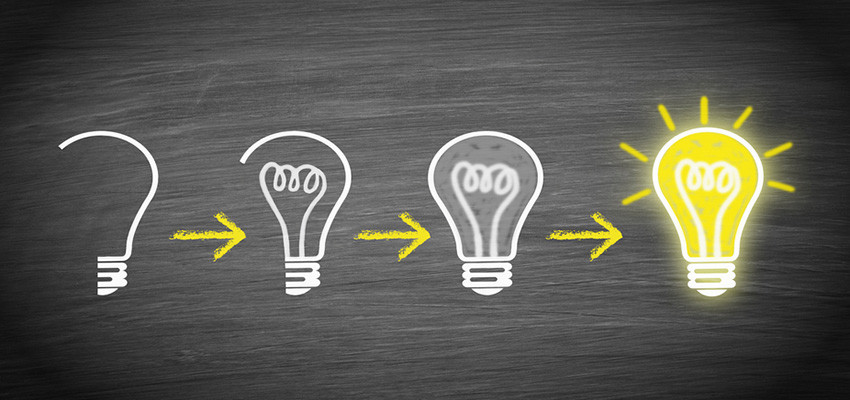When will we ever learn…?

There’s a view that part of the reason Asian democracies have done well at controlling coronavirus is because they learned the lessons that SARS (2003) and MERS (2015) taught them. The Shetland Islands learned about contact tracing from a recent measles outbreak and used it to excellent effect to turn the tide on coronavirus earlier than most in this pandemic. Compare this with the outcomes from the UK pandemic flu exercise (Ex Cygnus 2016) which identified 22 lessons, many of which (on the evidence to date) appear to remain ‘unlearned’ (having arguably focussed on the wrong threat anyway (H2N2 flu from 1957, not a coronavirus from 2003 or 2015) – a lesson in itself). And again with the more recent coronavirus based Ex Iris (2018) where the lessons identified but not learned have been described as a “lost opportunity”.
So lessons identified are different, very different, from lessons learned. With this in mind, our very own resilience ‘QI elves’ offer 10 simple thoughts to help you identify and learn lessons.
- Look back over relevant past experience. This specifically (and perhaps exclusively?) focusses on experience so far in 2020.
- Look outside your organisation – explore, reach out and collaborate. Explore the lessons others have identified – think widely, reach out, share.
- Discover what went well and what didn’t go well (for you and for others)? Be brutally honest about this.
- Ask ‘so what’ to identify why each element went well or didn’t. Identify what could be changed, how improvements might be made and how you might implement good practice from elsewhere.
- Decide ‘what now’. Make risk based decisions about what is feasible, acceptable and sustainable. Identify how this is going to change the plans you’re making and the actions you are taking. Decide what is actually going to be done, by who and by when. Decide what priority this will be given, what resources it can use, and who is accountable for making it happen.
- Double down on implementation. Engage and explain. Gain buy in. Incorporate the learning into everything that it touches. Maintain momentum. Get it done.
- Check. Hold feet to the fire. Mean it. Test
- Close the loop. Merchant in the art of the possible: the lesson has either been learned (implemented) or identified. Lessons identified either become known, managed risks or fade away to become ‘lost opportunities’. Examine the risks that remain, the barriers to full implementation and the implications of this.
- Keep a weather eye on the risks posed by things you cant change.
- Keep going around the process. Identify lessons. Implement learning.
So as you make best efforts to navigate towards your recovery from the current lockdown, why not use this simple process to help you create your new normal, get into your stride quickly and adapt as things change. Use it to improve your ‘anti-fragile’ – become more resilient. After all, look at the benefits that have been realised by those that learn their lessons, as opposed to those who simply identify lessons.
